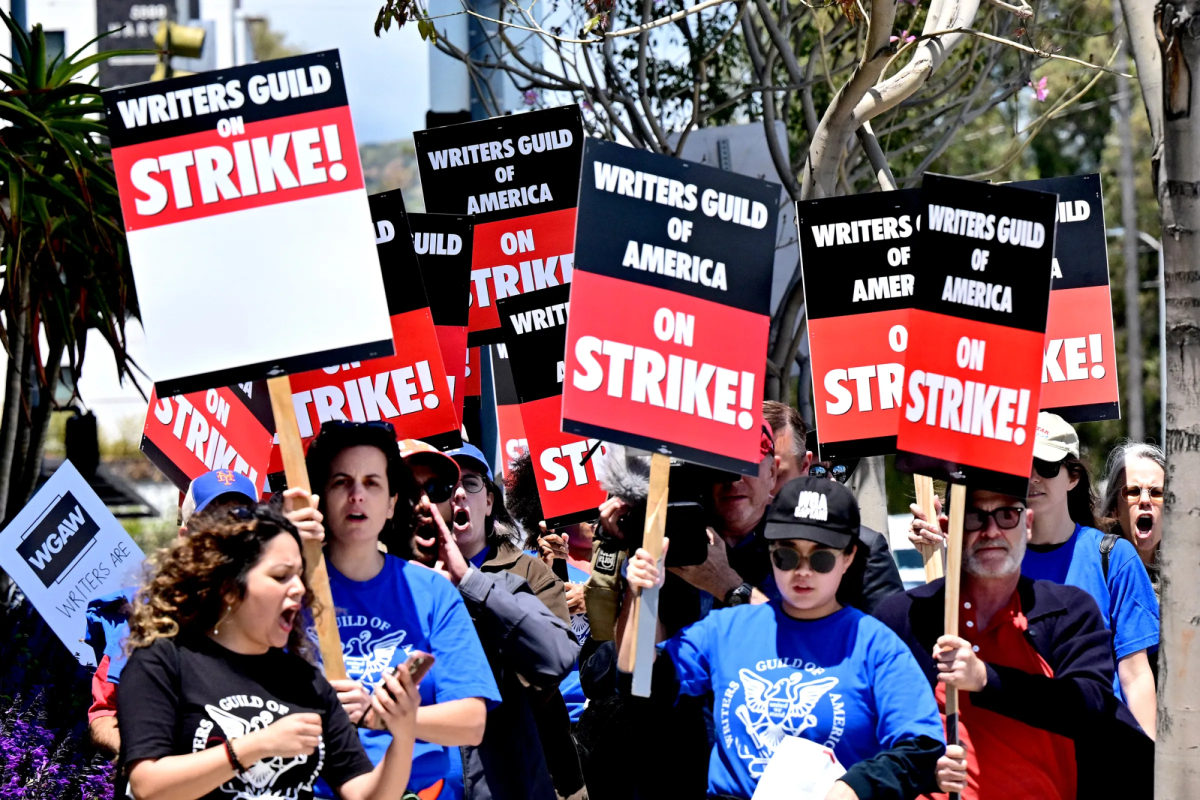Starting in May, more than 11,000 writers from the Writers Guild of America (WGA) went on strike to protest several issues that they allegedly faced from negotiations with the Alliance of Motion Picture and Television Producers (AMPTP), including the lack of transparency for viewership data from streaming services and the lack of guidelines around the use of AI.
One of the main issues writers brought up was viewership data transparency and how it relates to the residuals or the compensation they get from streaming services. Although writers would normally receive higher residuals as their shows get more viewership on television broadcasts, streaming services and studios have not been clear about viewership data, preventing writers from being properly compensated for their work.
Korean shows which launch on US streaming services also suffer from a similar issue. According to a New York Times interview with Justin Byung-in Kim, the head of the Screenwriters Guild of Korea, Netflix has not been paying South Korean workers residuals from their shows.
Another major issue is the use of AI. Writers were mainly concerned about studios using AI to write scripts and using human-written scripts to train AI.
“I understand why they are going on strike for the AI component,” Chris Blendheim, TV show enthusiast, said. “AI would be handy for coming out with outlines or formatting screenplays. But when it comes to writing about something that is funny, for example, I do not think AI can do that because there is a human component in some shows that cannot be recreated.”
Thousands of actors from the Screen Actors Guild-American Federation of Television and Radio Artists (SAG-AFTRA) joined the strike in mid-July due to similar concerns such as the lack of residuals from streaming services and the use of AI to add actors into films without hiring them.
As a result, several major shows and film productions have been put on hold, with writers and showrunners leaving their projects due to the strikes while actors were only able to act in independent films that have no connection to the AMPTP and have received confirmation from SAG-AFTRA.
“Euphoria”, “Stranger Things”, “Outlander”, “Dune: Part Two”, “Spider-Man: Beyond the Spider-Verse”, and “Deadpool 3” were some of the films and shows delayed due to the strikes.
“There were shows that I was really looking forward to that were delayed,” Alex Lee (11), film and TV show fan, said. “I think the drop in quality in many shows and movies is due to pressure from the studios on the people working on them. With better treatment for writers and actors, I believe films will be able to have better quality overall.”
There have been attempts to negotiate, such as on Aug. 11, when the AMPTP released its proposal which stated that materials created with AI would not be considered as literary material and would not affect human writers’ rights, credit, or compensation for their work.
However, the WGA Negotiating Committee responded to AMPTP’s statements by saying that the proposal was “neither nothing, nor nearly enough” and claiming that since companies and studios continue to use writers’ work to train AI for new content, there should be more regulation on AI use.
Further negotiations between the WGA and AMPTP are ongoing, with no signs of the strike ending anytime soon.
“The biggest impact is how it affects the whole industry,” Iain Cowieson, Drama teacher, said. “For example, the people who work in props, make-up, lighting—they are not being employed either. Hopefully, the studios will negotiate and offer a reasonable deal or a good enough compromise to start a proper discussion.”


